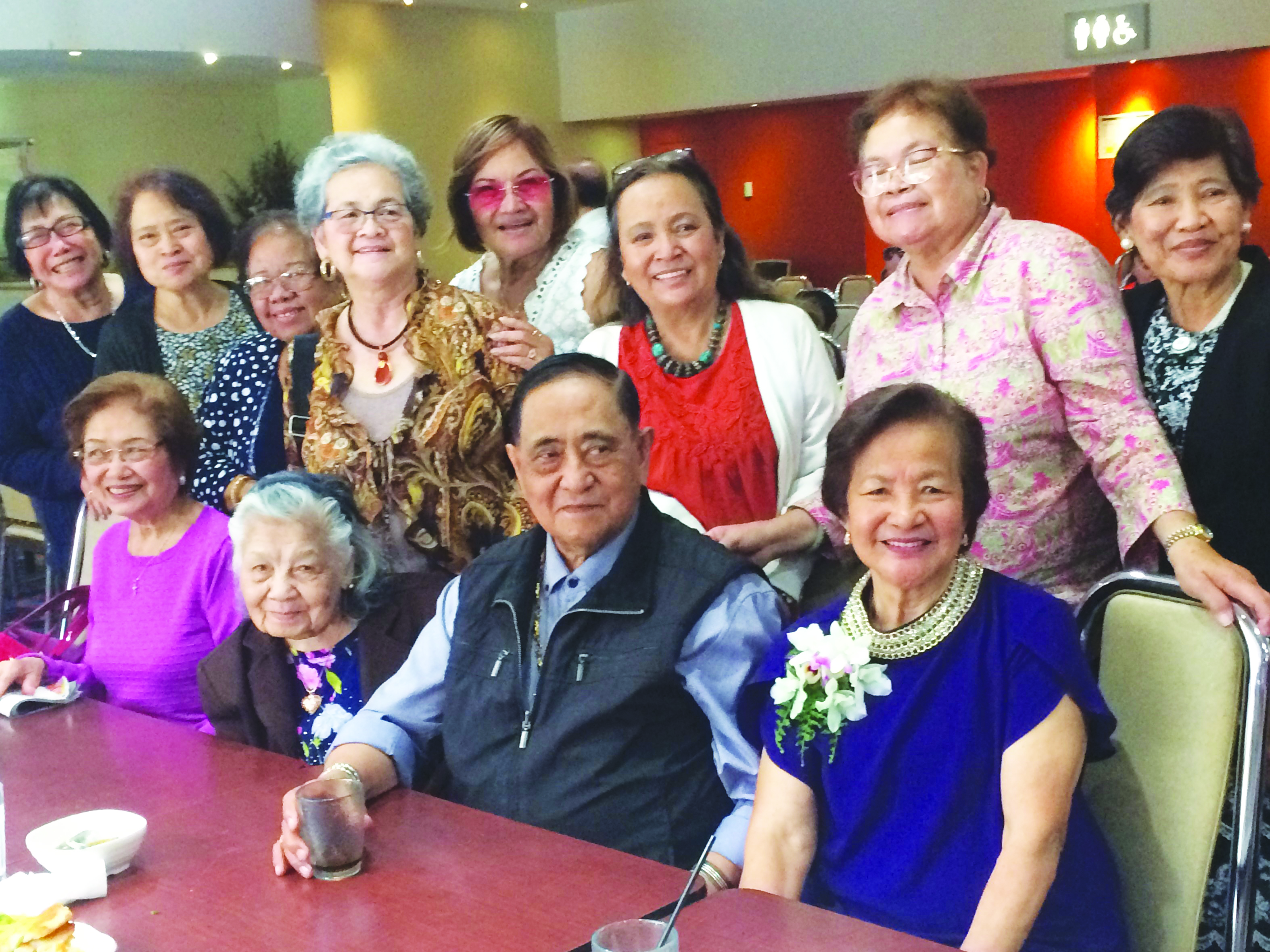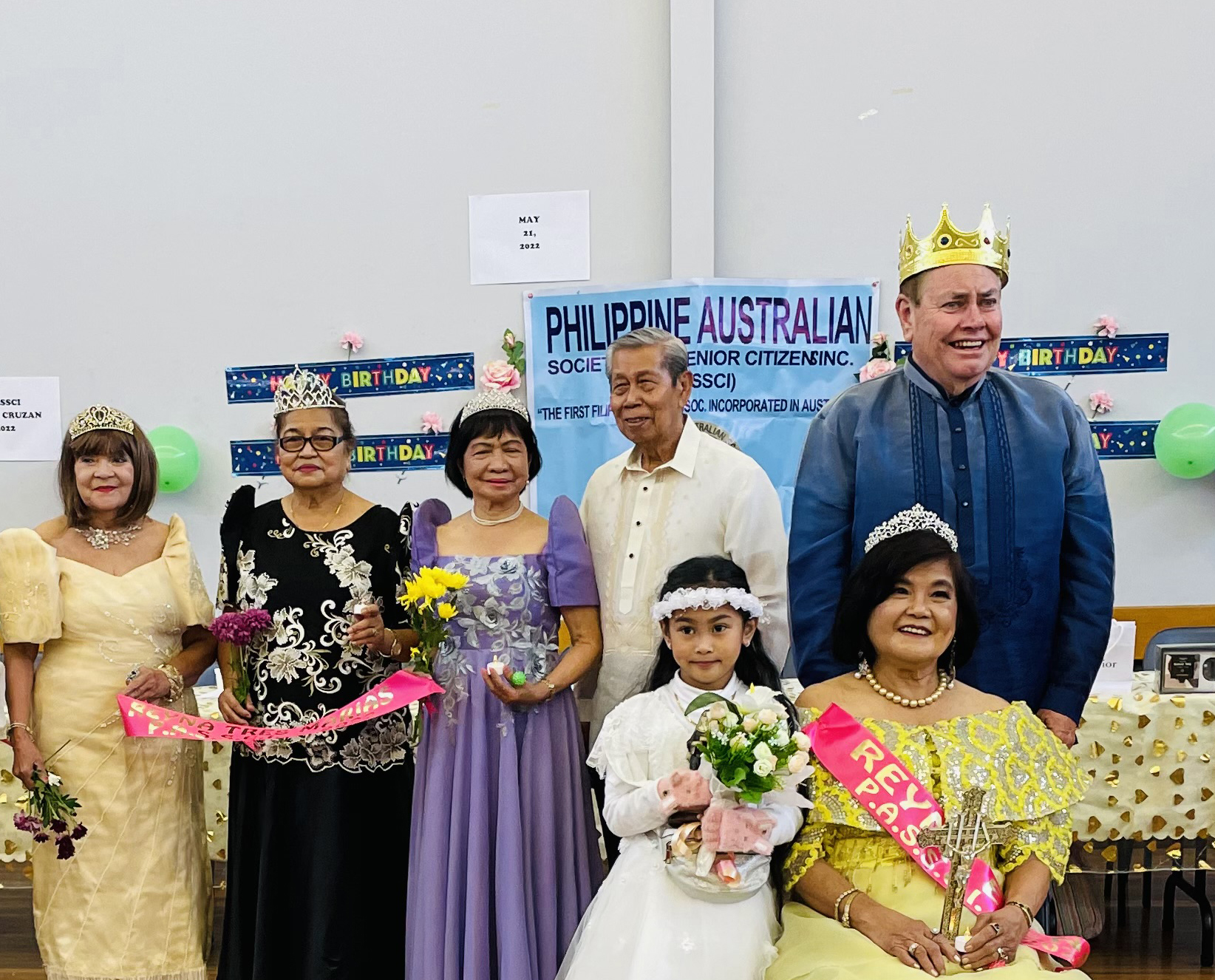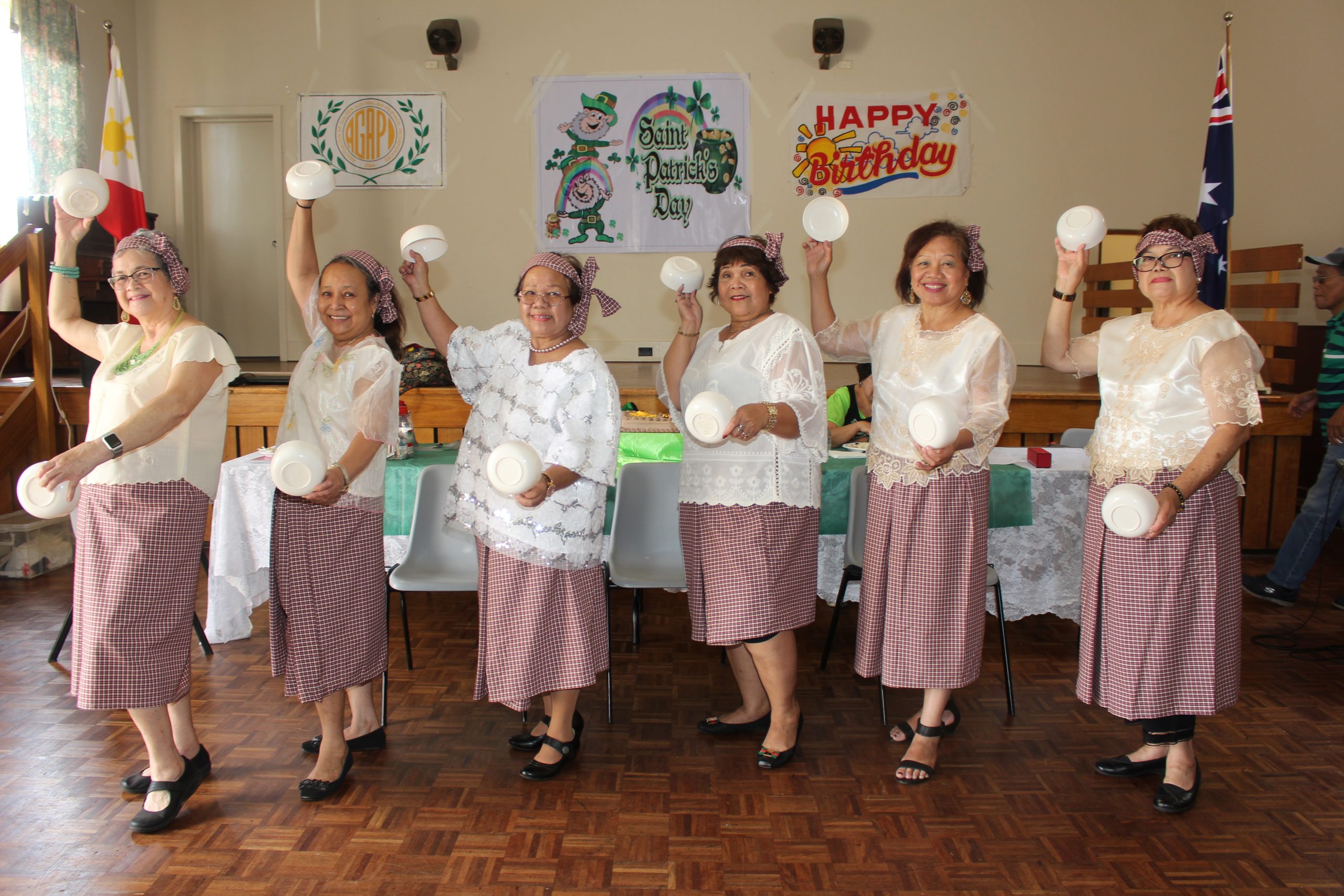BY CHIT ROCES SANTOS
How do seniors feel about their role in our society? How does the larger, more energetic society treat them? Could it not benefit still from their experience, the stories of their lives, or their wisdom?
Seniors, to be sure, are given preferential treatment, for being simply that—an outgoing generation. But what seems lost in default between them and the younger generation is a mutual enrichment of their lives through a deeper engagement.
I have read about a restaurant in Japan that seems to address just that. They hire seniors with Alzheimer’s to take orders and serve—but not to cook or otherwise prepare food—and warn customers about it. Laughable? No, endearing.
The customers not only take everything in good humor, but actually consume happily what they did not order. Mostly the customers have a chance to engage waiters in a chat and listen to their stories, which they are only too happy to share.
I asked five of our own seniors, none of them afflicted with any degree of dementia, about how they were themselves getting along, but only four responded, although not out of any sense of being affronted—one had to go to the hospital for an MRI (he is 86).
Margie Juico
I consider myself fortunate to be treated with respect in most places I visit. There is a special seat for me in supermarkets, a special lane for pharmaceutical transactions, a back pew in some churches, no fees for the use of a clean toilet in a mall, discounts and privileges upon presentation of a senior citizen card.
Yet society could still be served back by seniors, especially those with specialized skills and knowledge, vast experience and the wisdom that usually accompanies those beyond their 60s. We could still welcome clients of a wholesale mart or a big mall, do clerical work and basic accounting, help in the office, or just nag everyone until things get done.
A more mature person than those holding regular jobs, I could give my inputs on how better, faster and more efficiently things can be done. After all, I’ve been there, done that! I’m confident I can be a wedding planner (been there). I could run a day care center with the least effort; babies seem to listen to grannies more than their parents.
I could be a consultant on education, on laundry or dry cleaning, child discipline, marriage counseling, in-law problems, home construction, nutrition and even fashion.
In my sunset years, I’m in a position to tell those approaching retirement age and are still employed to save up for a large medical kitty. From 60 onwards you will come face to face with maintenance medications, hospital confinements and procedures that cost a pretty penny.
Aging could be a painful process, especially because illnesses usually come at this time, as if we needed to be reminded that we are in the departure area. Sooner or later we have to die of something, but still I would caution the youth to avoid smoking even if the results of this bad habit may come later in life. You will regret it in your sickbed when you should be enjoying the fruits of your labor and your grandkids!
Most importantly, get good medical insurance while you are still healthy, so there will be no “preexisting condition” to come between you and full coverage. Pay your SSS and GSIS religiously, and you will reap the rewards in old age. Make sure the company you work for will remit your payments so you can derive the most from your contributions.
Tony Pastor
Society, in my observation, has a tendency to ignore seniors in general, albeit politely, thinking perhaps that some seniors have outlived their usefulness. Sadly, some of us may seem that way, indeed, because of failing health and old age. But that is not to say there are no healthy seniors out there with wisdom and expertise to share with anyone interested. To keep fit, I advocate 30 minutes a day of walking, and for relaxation, I go to concerts as often as I can.
I’m done with lawyering; it is my music that I am happy to offer, solicited or otherwise. In fact, I jump at every opportunity to perform. I still play and sing for geriatric patients at St. Luke’s hospital and I’m on call at the Sunshine Place in Makati, a place for senior interests like art, painting, yoga or Zumba. Applause has always made me feel alive, and more so now as I enter my 90s.
Seniors are still capable of giving something of ourselves, for all the years we’ve lived. It’s payback time! Whatever it may be, do it now. Time is running out, whether we like to admit it or not.
I’d like to remind my fellow travelers of the words of a 105-year-old Japanese doctor: “Try to experience the wonder of reaching for the stars even as you watch the setting of the sun.”
Jun Alvendia
I think senior discounts, especially for medications and hospitalization, are a big help for everybody, especially the poor. PWD senior facilities can still be improved. Perhaps there should be persons hired to assist seniors in public utilities, MRT, LRT, buses, etc.
Society is not too keen on hiring seniors. Seniors want to volunteer, but don’t know where and how. Many of them would be qualified to teach the young about values, etiquette, remedial English (written or oral).
If I were to give some advice to my fellow seniors, I’d tell them: Choose to be happy, strive to do what gives you joy and peace, fix your relationships with God, with the earth, your fellowman, your country, community, friends, family and your own selves, precisely, in that order.
Sony Maramba
It’s easy to make motherhood statements, like “Filipinos take care of their old parents.” But urbanized society no longer goes to its seniors for wisdom or expertise.
The two generations are very different. Their worlds are sometimes at odds with each other—in belief systems and mores. They go to the internet for everything news, data, entertainment. They can Viber one another, chat or simply post anything that anyone can access.
Rarely, really and metaphorically, is youth at the feet of its elders, listening to tales and receiving the legacy of age. Seniors have much to pass on, but are more appreciated after they’re gone.
Also, the most visible segment of seniors, the politicians, give a bad name to senior society; they are hardly worth emulating. If society gets something from its seniors, it’s not by tapping their expertise, but by osmosis, that age-old method of transmitting lifestyle, character and values.










Leave a Reply